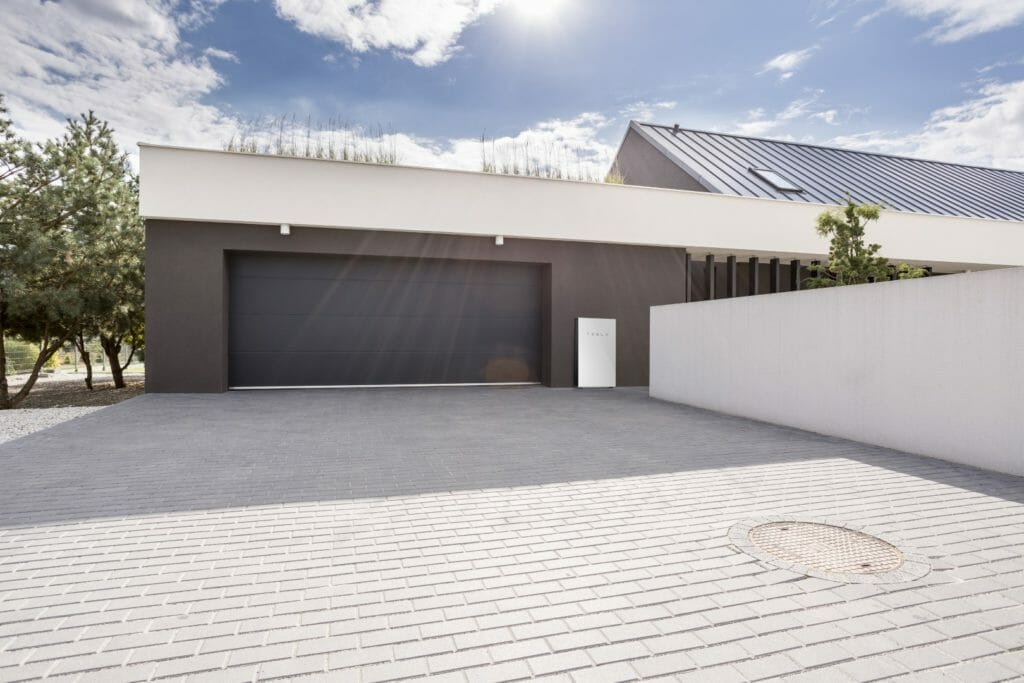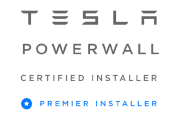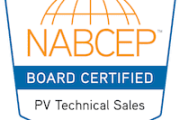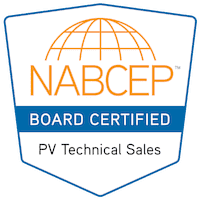Storing solar-generated energy with solar battery storage grants more energy independence, but it may not be for everyone.
Solar battery storage adds more moving parts, costs, and complexities homeowners must manage with their home solar power system.
You still will have to deal with the provider and have less autonomy, but net metering is a good option for many homeowners.
Before we write off a solar battery backup storage system, let's examine the pros and cons and how to make an informed choice.
Solar Battery Storage Pros and Cons
Let's get any drawbacks out of the way first. We always like ending on a positive note.
Cons of Solar Battery System
- Whole home solar energy backups need dedicated space for solar battery installation
- Additional up-front cost for battery storage
- 10 year warranty for current battery chemistry (options to extend for an additional cost)
Pros of Solar Battery Storage
- More incentives to recoup the costs of the system
- 24/7 backup energy ready for a blackout emergency and nighttime needs that seamlessly keeps your house and its essential appliances running
- Great energy independence from utility rate changes, i.e., no more bills during TOU Peak hours.
- It can operate in tandem with a grid-tie system for greater efficiency and energy assurance
- Very low maintenance and use the sun power to charge the system
- Excellent customer service support with any troubleshooting, if needed
- Weather-resistant and family-friendly, safe to be around kids and animals anywhere in or outside your home
- A customized system with app monitoring in real-time for maximum savings and personalization
- Noiseless backup energy, unlike generators
Increasing power outages and utility rate hikes have become the norm for Californian residents.
Residential solar power systems are even the playing field, but adding storage completely tips the balance to the energy users' side.
Does Home Solar Battery Make Sense For You in 2023?
Solar power storage can be an excellent investment for many homeowners. If you're seeking to reduce your energy bills, and want to have greater control over your energy usage, a solar battery backup system is worth considering.
Even if power outages are infrequent in your area, the opportunity to store and use solar power during peak times can lead to significant savings. This makes it a worthwhile investment for those seeking greater energy efficiency and cost-effectiveness.
Especially for customers with electric vehicles, a whole home battery system with solar power installed, will have significant energy independence.
Benefits of Home Solar Battery System Installation:
- In case of natural disasters, emergency power can be used during a power outage
- Avoid frequent outages due to an unreliable power grid
- Power all critical/medical equipment or appliances that must stay on no matter what
- Significantly reduce electricity costs and fees from your energy providers
- Want to reduce seasonal and/or daily peak costs in your electric bill
- Keep your valuable and essential appliances when an unknown electric short circuit happens in the power grid
Usually, a grid-tie solar system is enough for homeowners, but a home battery backup system can easily achieve massive energy savings and power independence.
Related Articles:
How does Solar Battery work with Home Solar Power?
Home Solar & Battery – Max Out to Cut Your Energy Bill
The Best Solar Battery Backup: Choose The Best In 2023
Solar Battery Options
Selecting the type of battery you want to use is entirely up to you. You may have an installer who chooses a specific type for all customers or offers multiple brands.
Home battery backup technology has improved over the years and is drastically changing today. Therefore, worrying about if you should choose lead-acid, saltwater, or lithium-ion may be a moot point.
Battery companies will have their products' capabilities to power storage capacity, lifespan, etc., listed for you. You don't have to be as savvy and informed as you did 10-15 years ago. You can simply look at the brands' specs.
Tesla, and its Powerwall, is one of the leaders in the battery storage industry. You can't go wrong with a Tesla battery with its user-friendly app and reliable battery design. A Tesla Powerwall generally stores 13.5 kWh and comes with a 10-year warranty.
Can I Add Battery Backup to My Solar Panel System?
If you want to add a battery to your current solar panel system, the answer is yes! As the market and technology advance, batteries become cheaper and more reliable for whole-house power backup.
Investing in battery backup is an investment that can help you a lot faster the sooner you get it. However, another beauty of solar power technology is you can add to it in the future.
If you already have a system or are considering adding one, you can add your battery storage afterward. It may cause some complexities, but you can plan for those when you are initially installing your system. Most challenges are null and void with a Tesla battery's sleek and compact designs. It is becoming easier to add solar energy storage, which is just another check in the plus column.
Common Solar Battery Storage FAQs:
Q: What are the main pros of adding solar battery storage?
A: The main pros are having 24/7 backup energy in case of blackouts, greater energy independence from utility rates, and using sun power to charge the system. It also provides seamless backup power for your home's essential appliances.
Q: What are the main cons of solar battery storage?
A: The main cons are the high upfront costs, needing dedicated space for installation, more complexity in system design, and more maintenance of parts.
Q: What types of solar batteries are available?
A: Common options are saltwater/flow, lithium-ion batteries, and LPF(lithium iron phosphate). Brands like Tesla offer good charging cycle batteries that are reliable and have a sleek, compact design with UL and CEC approvals.
Q: Can I add a battery to my existing solar panel system?
A: Yes, you can add battery storage later on to an existing solar system. It may require some reconfiguring, but it is definitely possible, especially with compact battery options.
Q: Who can benefit most from solar battery storage?
A: Homeowners who want energy bill savings, backup power in emergencies, energy independence, and/or cost savings during peak rate times can benefit greatly from adding solar battery storage.
Q: How much maintenance is required for solar batteries?
A: Solar batteries require very little maintenance, just occasional inspections or part replacements. The sun charges the system, so minimal effort is needed.
Q: Are solar batteries safe for homes with kids?
A: Yes, solar battery systems are designed to be weather-resistant and safe around families. They don't produce noise or fumes like generators.
For more answers about going solar – Solar FAQ
No matter what you do, having the insights of great professionals, like Option One Solar, is smart to get the right and personalized information you need to make an informed decision. They have experts ready to assist you and get you up and running worry-free.

